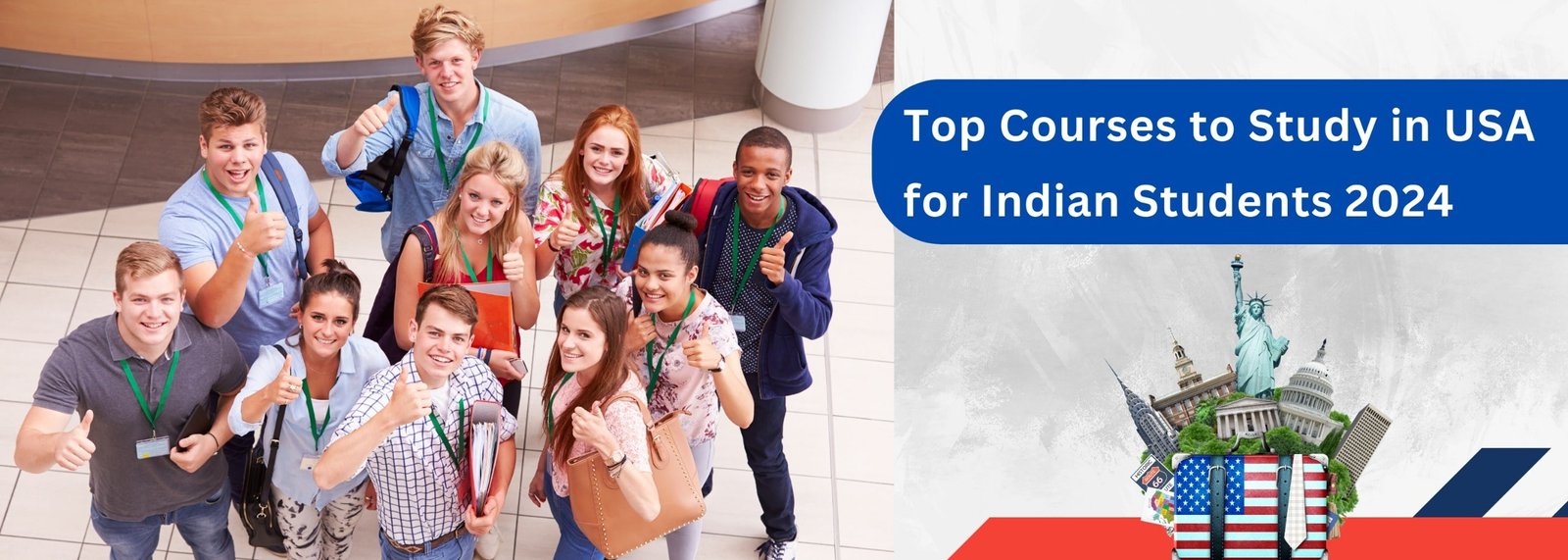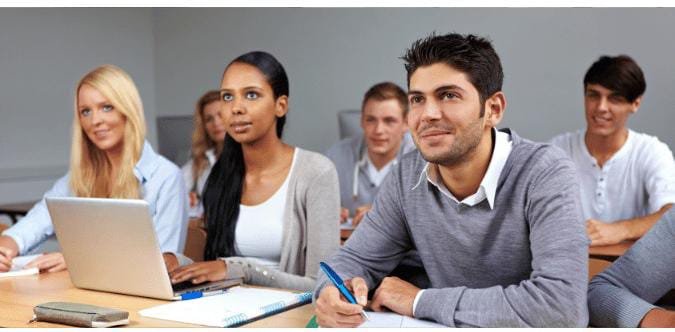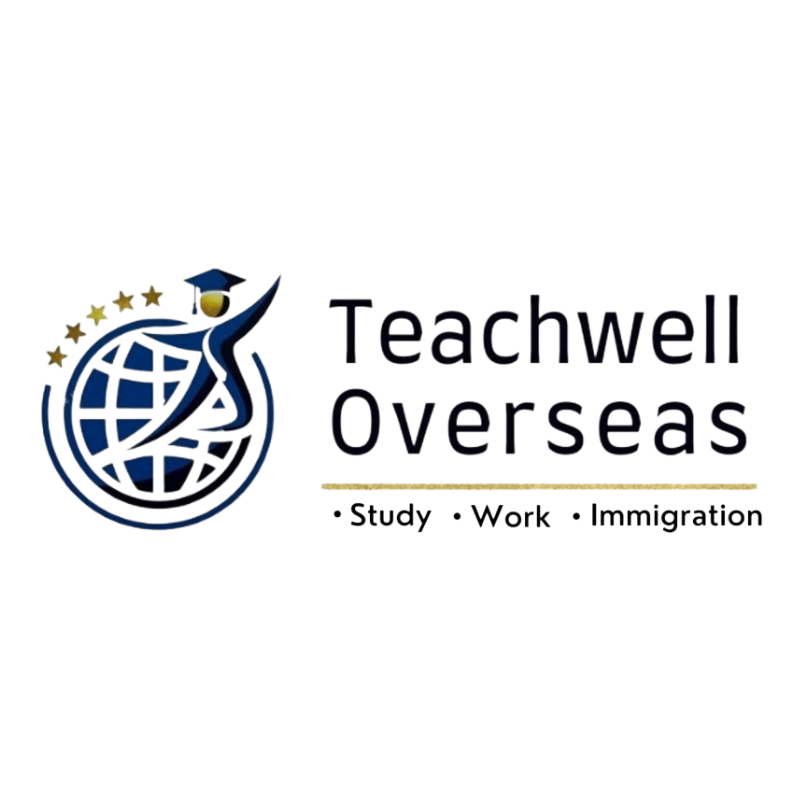
Navigating the process of obtaining a US visa can be both exciting and nerve-wracking. One of the most critical steps in this journey is the visa interview, where you’ll need to present your case to a consular officer. Whether you’re planning to study, work, or travel in the United States, being well-prepared for this interview is key to a successful outcome. In this blog, we’ll walk you through the essential things you need to know before you appear for your US visa interview, helping you approach the process with confidence and clarity.
- Ties to Home Country: When applying for a US visa, especially a non-immigrant visa, one of the key factors that consular officers consider is your “ties to your home country.” These ties are the compelling reasons that will ensure your return home after your stay in the United States. They typically include personal, professional, and financial connections to your country of residence. For example, strong ties might be demonstrated by having close family members, a stable job, property ownership, or ongoing educational commitments in your home country.
- Understand the Program and How Your Career Goals Fit into It: When applying for a US visa, particularly a student visa, it’s essential to have a deep understanding of the academic program you’re pursuing and how it aligns with your long-term career goals. During the visa interview, consular officers often assess whether you’ve thoughtfully chosen a program that makes sense given your previous education, work experience, and future aspirations. You should be prepared to articulate why you selected this specific course of study, how it fits into your career plans, and why studying in the US is crucial for achieving your goals.
- Supplemental Documentation: Supplemental documentation refers to the additional paperwork that you may need to provide during your US visa interview to strengthen your application. These documents go beyond the standard requirements and serve to further demonstrate your eligibility and intent to comply with visa regulations. Common types of supplemental documentation include financial records, such as bank statements or tax returns, to prove you have sufficient funds for your stay in the US.
- Not All Countries Are Equal: When it comes to US visa applications, not all countries are treated equally. Visa policies and procedures can vary significantly depending on your country of origin due to diplomatic relations, historical immigration patterns, and security concerns. Applicants from countries with strong ties to the United States and lower rates of visa violations may find the process more straightforward, while those from countries with higher instances of overstaying visas or illegal immigration may face more stringent scrutiny.
- Employment: When applying for a US visa, your employment status and history play a crucial role in your application. Consular officers use this information to assess your ties to your home country and your intent to return after your stay in the US. Being employed can demonstrate stability and financial independence, which are important factors in proving that you are likely to comply with visa regulations.
- Dependents remaining at Home: When applying for a US visa, showing that you have dependents remaining in your home country can strengthen your application. Dependents, like a spouse or children, demonstrate your strong ties to your home country and your intention to return. Provide documents such as marriage certificates or birth certificates, and evidence of financial or caregiving responsibilities. This helps prove that you have compelling reasons to go back after your stay in the US.
- Be Honest and Consistent: Being honest and consistent during your US visa interview is crucial for a successful application. Ensure that all the information you provide, both in your application and during the interview, is truthful and matches your supporting documents. Discrepancies or falsehoods can lead to visa denial or future complications. Present your details clearly and truthfully, and avoid any exaggerations or omissions. Consular officers are skilled at detecting inconsistencies, so maintaining honesty and coherence throughout the process is essential for building trust and credibility.
- Know Your Travel Plan: Knowing your travel plan in detail is essential for a successful US visa interview. Be prepared to discuss your itinerary, including your arrival and departure dates, places you plan to visit, and your accommodation arrangements. Clearly articulate the purpose of your trip, whether it’s for tourism, study, or business, and how you plan to spend your time in the US. Having a well-thought-out travel plan demonstrates your preparation and helps reassure the consular officer that you have a clear and legitimate purpose for your visit.
- Dress Professionally: Dressing professionally for your US visa interview can make a positive impression and show that you take the process seriously. Opt for clean, well-fitted, and conservative attire that reflects a polished appearance. For men, a dress shirt with or without a tie and formal trousers are appropriate. For women, a blouse or shirt with formal pants or a skirt, or a modest dress, works well. Avoid overly casual or flashy clothing, as a professional outfit helps convey your respect for the interview process and your commitment to your visa application.
- Maintain a Positive Attitude: Maintaining a positive attitude during your US visa interview is crucial for making a good impression. Approach the interview with confidence, enthusiasm, and a calm demeanor. Smile, be polite, and engage with the interviewer respectfully. A positive attitude can help you handle any questions or challenges more effectively and create a favorable impression, demonstrating your genuine interest in your travel plans and your respect for the process.

In conclusion, successfully navigating a US visa interview requires careful preparation and a positive demeanor. By understanding the requirements, demonstrating strong ties to your home country, and presenting a clear travel plan, you can significantly enhance your chances of approval. Dressing professionally, being honest and consistent, and maintaining a positive attitude throughout the process will further support your application. Approach your interview with confidence and clarity, and you’ll be well on your way to achieving your visa goals.
Q-1: What documents do I need for the US visa interview?
You will need your passport, DS-160 confirmation page, visa application fee receipt, appointment confirmation, and any supporting documents related to your specific visa type (e.g., financial documents, employment verification, and travel itinerary)
Q-2 What should I do if I feel nervous during the interview?
Try to stay calm and positive. Take deep breaths, listen carefully to each question, and answer honestly and clearly. A positive attitude can help you handle the interview more effectively.
Q-3 What if I forget to bring a required document?
It’s best to bring all necessary documents, but if you accidentally forget one, inform the consular officer immediately. They may advise you on how to proceed or schedule a follow-up appointment if necessary.
Q-4 What if I forget to bring a required document?
If your application is denied, the consular officer will provide a reason for the decision. You can address the issues raised and reapply if eligible. Review your application and supporting documents to ensure they meet all requirements before reapplying.
